All Natural Bug Spray For Our Garden

Related Discussions
GNATS - How to get rid of them?
Somehow my house and garden got tiny gnats that killed my fuchsia plant and fly everywhere. I have tried ALL the Web recommendations - soap and oil dishes, sand in th... See more
Marigolds growing! Should I pinch the buds?
My marigold plants are growing. I heard that pinching the buds until Autumn will allow them to grow without killing the plant. Is this true?
Growing garlic
Growing our first garlic, should we wait until the leaves are drying out before we pick it? Husband picked first one today along with our first potatoes.
How to keep mice out of your garden?
Hi everyone, I have mice in my garden destroying my vegetables and I have also noticed them in the barn and shed. Please can someone tell me how to prevent them from ... See more
What's the best flower/plant to grow in Texas?
I know that opinions vary, but what's your opinion?!I have great luck w Rosemary plants. Green all year long.
Can someone tell me what kind of animal this was in my yard?
I thought maybe a rabbit was burrowing in my yard, but it's almost dead center of my lawn (not a very smart rabbit). The hole is not very deep, and I replanted it onc... See more
Is Creeping Charlie in your lawn a good thing or a bad thing?
Is there a sure-fire way to get rid of Creeping Charley?
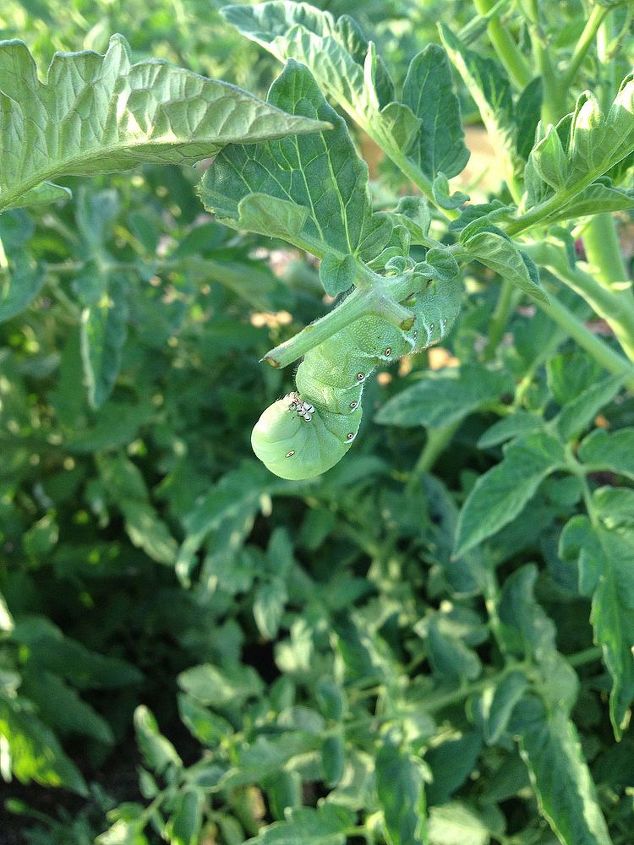
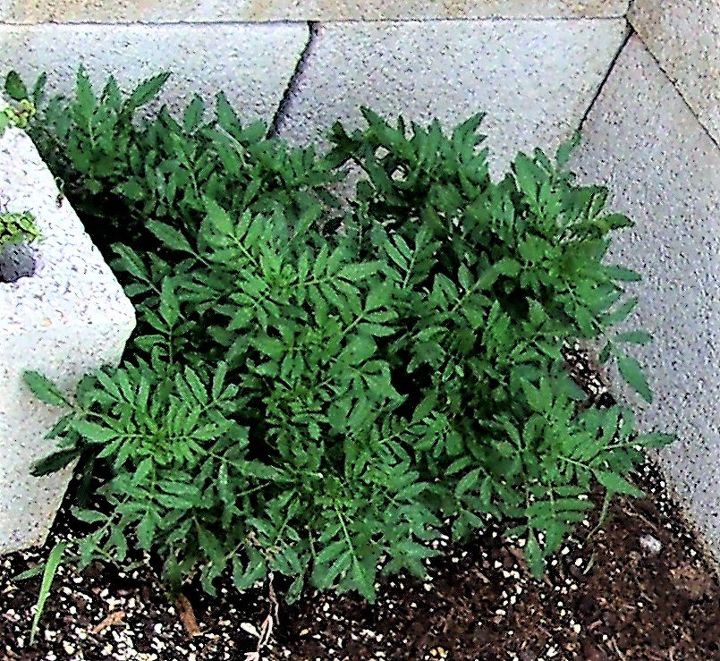

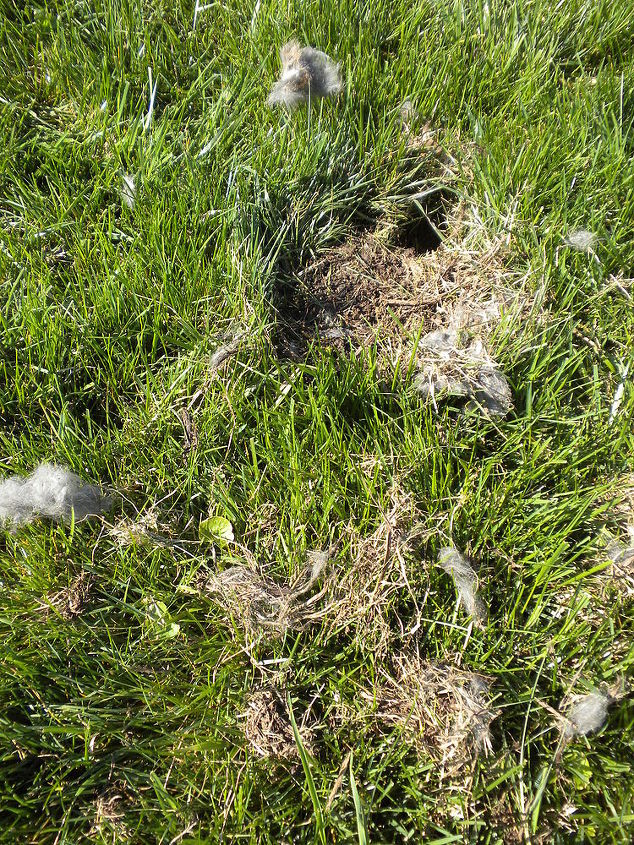
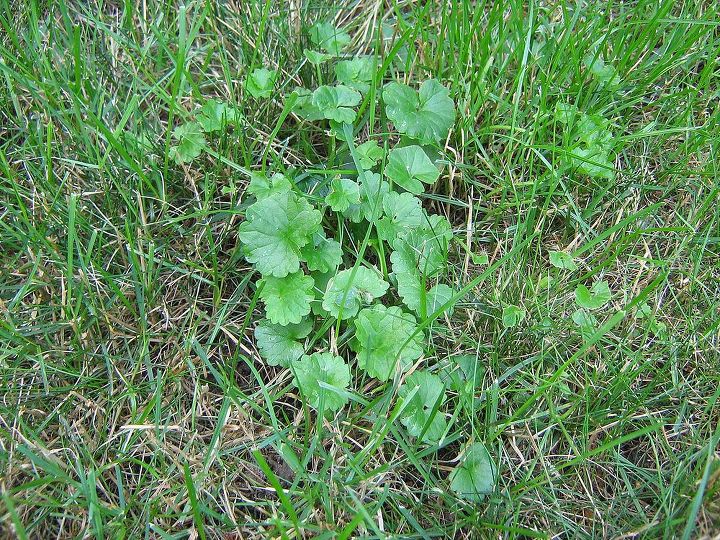
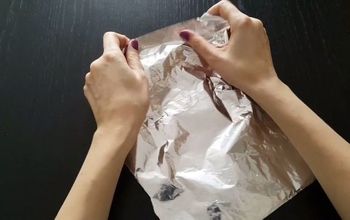
Tobacco dust works great
Use 1/4 cup blue Dawn dish washing soap to 1/2 gallon of water and spray the leaves all over.